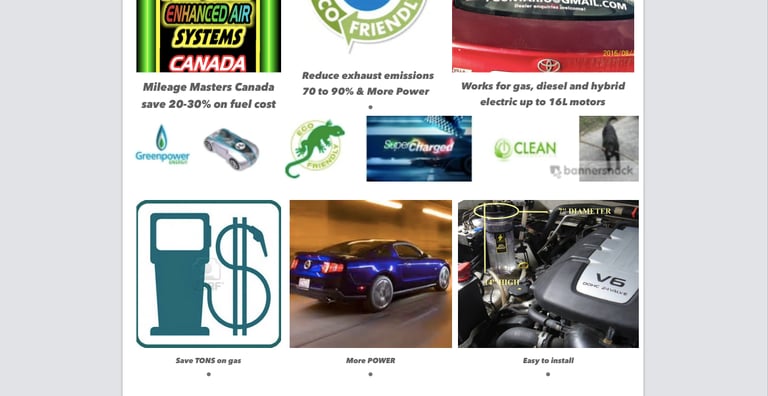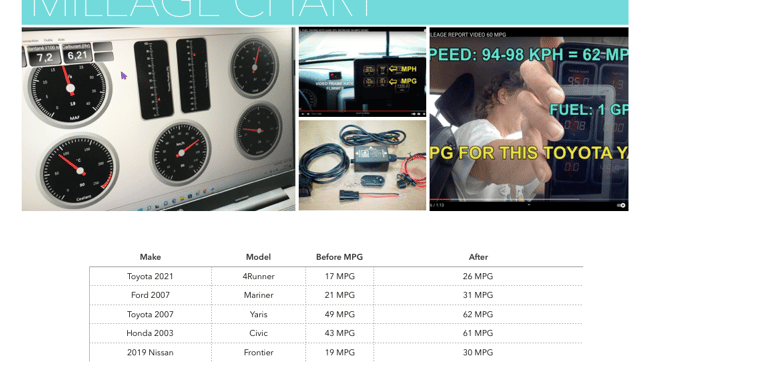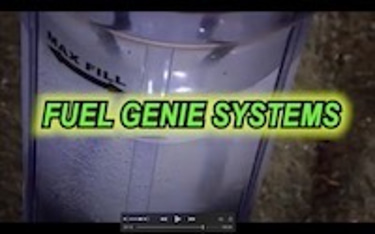Maximizing Fuel Efficiency: The Power of Hydrogen Generators
We talk about our ADVANCED hydrogen generators with a TITANIUM core cell, LED display and hand held r/f wireless controller to adjust gas level on the fly. Save 20 to 30% on fuel costs.
TRANSPORTCARSLOGISTICSFUEL ECONOMYENVIRONMENTHYDROGEN FOR CARSTRUCKSSAVE ON GAS AUTOSHHO ZERO EMISSIONSHYDROGENNET ZEROHYBRID CARSEMISSIONSGREEN VEHICLEFUELGAS VEHICLESDIESEL
Dave Scrivens
3/2/20243 min read
Maximizing Fuel Efficiency: The Power of Hydrogen Generators
In an era of escalating fuel costs and growing environmental concerns, the quest for innovative solutions to reduce fuel expenses while minimizing carbon emissions has never been more pressing. Among the emerging technologies, hydrogen generators have emerged as a promising avenue for revolutionizing fuel efficiency and reshaping the way we power vehicles and machinery. In this comprehensive guide, we'll delve into the transformative potential of hydrogen generators and explore practical strategies for saving on fuel costs while driving towards a sustainable future.
Understanding Fuel Costs in Today's Economy
Fuel costs represent a significant portion of household and business expenses, influenced by volatile market conditions, geopolitical tensions, and supply-demand dynamics. The impact of rising fuel prices extends beyond individual budgets, affecting industries, economies, and global stability. In this context, finding ways to mitigate fuel expenses is essential for financial stability and environmental sustainability.
Introducing Hydrogen Generators: How They Work
Hydrogen generators, also known as electrolyzers, harness the power of electrolysis to produce hydrogen gas from water. This process involves passing an electric current through water, splitting it into hydrogen and oxygen molecules. The resulting hydrogen gas can be utilized as a clean and efficient fuel source in various applications, offering numerous benefits for fuel efficiency and environmental conservation.
How Hydrogen Generators Save on Fuel Costs
Hydrogen generators offer several mechanisms for reducing fuel expenses and enhancing overall efficiency:
Increased Fuel Efficiency: Hydrogen gas, when introduced as a supplemental fuel or blended with conventional fuels, improves combustion efficiency and optimizes engine performance. This results in better mileage and reduced fuel consumption, translating into significant cost savings over time.
Supplemental Fuel Usage: By integrating hydrogen gas into existing fuel systems, vehicles and machinery can operate more efficiently, requiring less traditional fuel to achieve the same level of performance. This reduces dependency on fossil fuels and mitigates the impact of volatile oil markets on fuel expenses.
On-Site Production: As an industry application, Hydrogen generators enable on-site production of hydrogen gas, eliminating the need for external suppliers and transportation costs associated with traditional fuel procurement. This decentralized approach enhances energy independence and reduces logistical complexities, resulting in streamlined operations and cost savings.
Our hydrogen generator kit is 2nd to none when it comes to aftermarket automotive kits.
Practical Strategies for Maximizing Fuel Efficiency
Implementing hydrogen generators effectively requires attention to several key factors:
Proper Installation and Maintenance: Ensuring the correct installation and regular maintenance of hydrogen generator systems is crucial for optimal performance and longevity. Routine inspections, preventive maintenance checks, and adherence to safety protocols are essential for safe and efficient operation.
Engine Optimization: Fine-tuning engine parameters and settings to accommodate hydrogen as a supplemental fuel can further enhance fuel efficiency and optimize performance. Adjusting ignition timing, air-fuel ratios, and injection timing allows for seamless integration of hydrogen gas into existing fuel systems. This is done with the auto tune chip we supply for motors over 2L.
Safe Handling and Storage: Given the combustible nature of hydrogen gas, proper handling and storage practices are paramount to prevent accidents and ensure workplace safety. Following recommended guidelines and safety protocols for handling compressed hydrogen gas and storing hydrogen cylinders securely mitigates risks and ensures compliance with regulatory standards.
Exploring Government Incentives and Grants: Governments and regulatory bodies often offer incentives, grants, and subsidies to promote the adoption of hydrogen technology and renewable energy solutions. Exploring available funding opportunities can help offset initial investment costs and accelerate the transition to hydrogen-powered systems.
Real-World Applications and Success Stories
Across industries and sectors, organizations and individuals are embracing hydrogen generators as a cost-effective and sustainable solution for reducing fuel expenses. From transportation fleets and logistics companies to manufacturing facilities and renewable energy projects, hydrogen technology is driving positive change and delivering tangible results in terms of cost savings, environmental impact, and operational efficiency.
Conclusion: Embracing a Sustainable Future with Hydrogen Generators
In conclusion, hydrogen generators represent a transformative technology with the potential to revolutionize fuel efficiency and pave the way towards a cleaner, greener future. By leveraging the power of hydrogen as a clean and renewable energy source, individuals, businesses, and communities can reduce fuel expenses, minimize environmental footprint, and foster greater energy independence. As we continue to explore and embrace innovative solutions, hydrogen generators stand out as a beacon of hope in the quest for a more sustainable and prosperous tomorrow.





